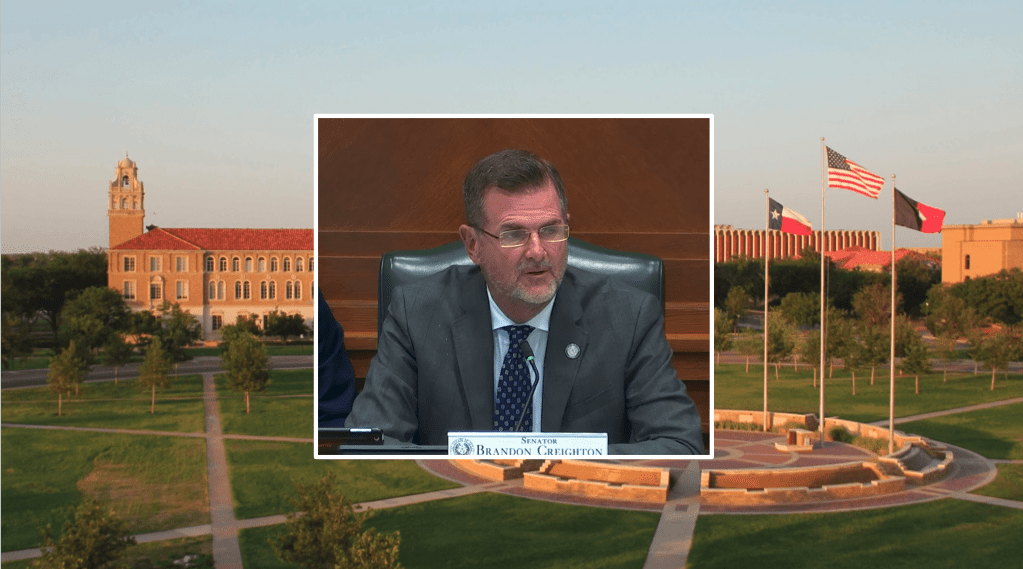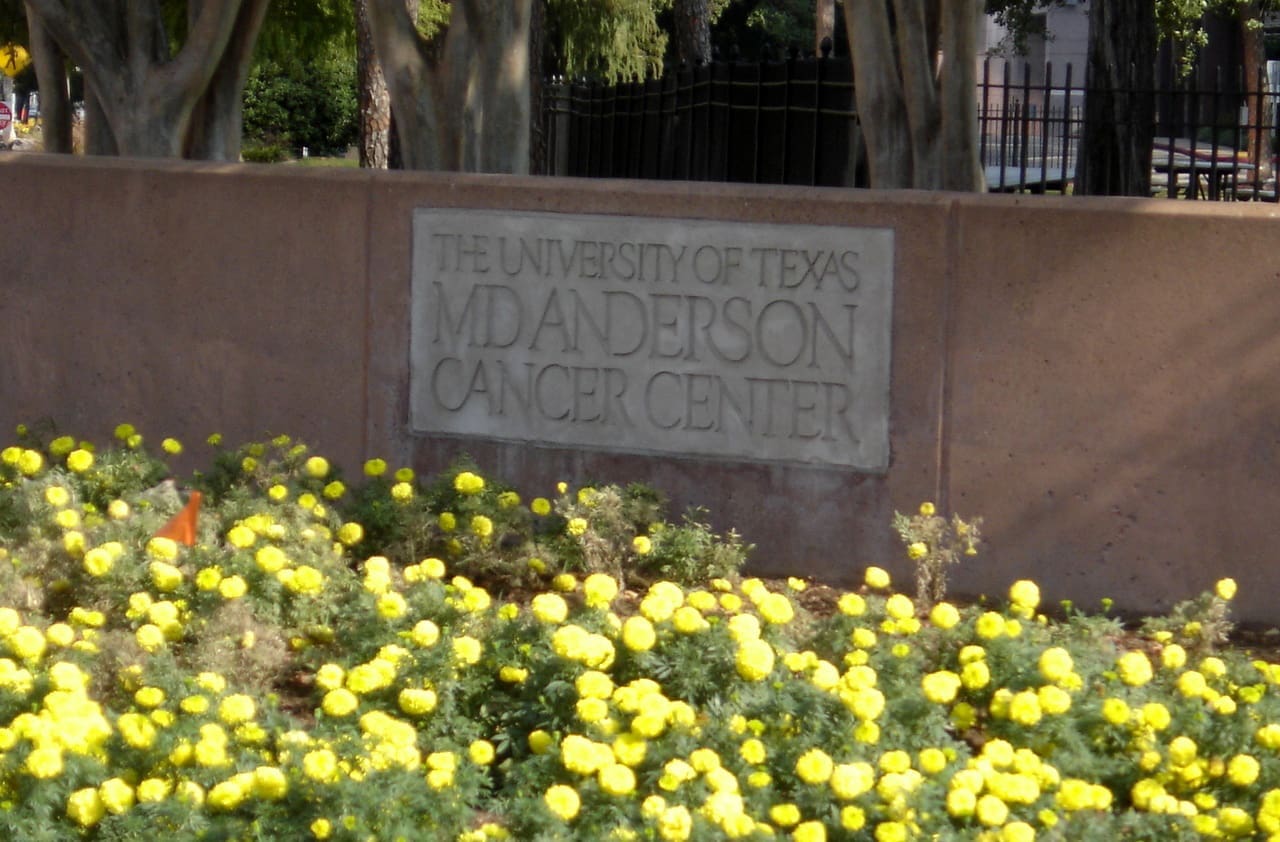COLLEGE STATION—Responding to a new state law, regents of the Texas A&M University System voted to reconstitute their current faculty senates into “faculty advisory boards.” The board of regents will await guidance from the Texas Higher Education Coordinating Board on how to comply with the law regarding core curricula.
The board’s action came in response to state lawmakers’ overhaul of higher education governance—Senate Bill 37—passed during the regular legislative session.
The new law eliminates the final authority or shared power of faculty senates known as “shared governance.” These bodies are now rendered advisory-only.
At state universities, “shared governance” has described a system in which universities’ boards of regents delegate authority to university presidents, who subsequently share power with the faculty, which is represented by a faculty senate.
Regents are accountable to Texans through the governor, who appoints them, and the state Senate, which confirms them. Before the new law, faculty senates enjoyed no such accountability.
Under the terms of the new law, existing faculty advisory bodies will be dissolved on September 1. Any new entities created after that date may only exist in an advisory capacity.
“At this time, we revised System policy to replace these entities with faculty advisory councils,” Regent Chairman Bob Albritton said in a statement. “These groups will provide direct input to leadership in a manner that is transparent, forward-looking, and aligned with our priorities.”
“We remain committed to faculty engagement,” Albritton continued. “But we believe it must be structured to directly support our mission of educating students, conducting valuable research, and meeting the needs of the state.”
The board’s action followed a Wednesday presentation to the regents’ committee on academic and student affairs regarding compliance with Senate Bill 37.
During that presentation, Vice Chancellor for Academic Affairs James Hallmark discussed issues related to core curricula, “low-producing” minors and certificates, and faculty senates. Hallmark advised the TAMUS regents to wait for guidance from the Texas Higher Education Coordinating Board on core curricula.
TAMUS’ current policy related to low-performing minors requires review every two years, while the new state law only requires one every five years.
The Texas A&M University System regents also finalized the takeover of the University of Houston-Victoria, to be renamed Texas A&M University-Victoria, adding it to their portfolio of eleven academic institutions and eight state agencies. The takeover will be completed September 1.





